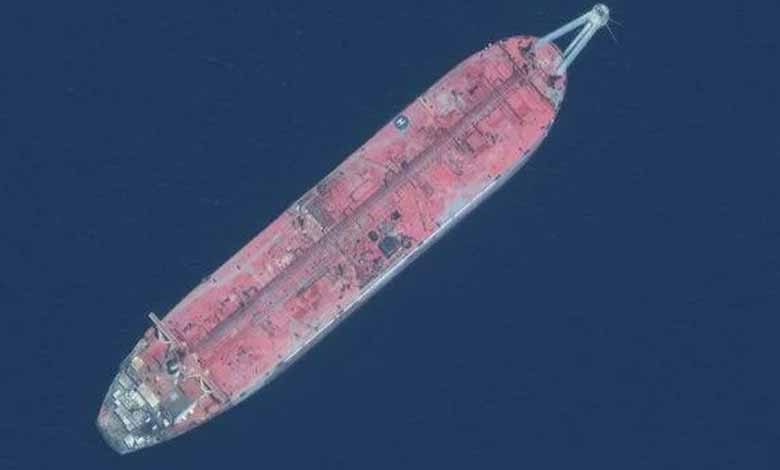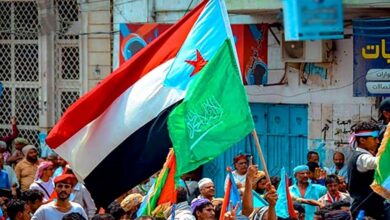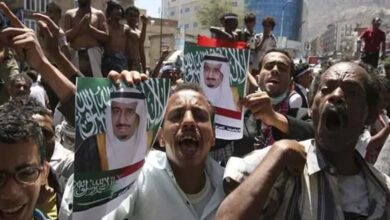Houthi Militia obstructs solving Yemen’s SAFER oil tanker crisis

As the United Nations seeks to save the floating Yemeni reservoir (Safer) threatened with explosion and the leakage of more than 1.1 million barrels of oil in the Red Sea, the Arab parliament warned yesterday that the Houthi terrorist militias continue to manipulate this file and turn it into a political blackmail card.
The Arab Parliament said in a statement carried by the Saudi Press Agency: It warns that “the Houthi militia will continue to manipulate the Safer reservoir file, change its positions and use it as a political blackmail card, and not allow the maintenance of the oil tank off the port of Ras Isa north of the Red Sea city of Hodeida, which has not been maintained for a long time”.
Parliament confirmed that the oil reservoir is facing the danger of leaking 1 million and 100 thousand barrels of crude oil; The result is that the reservoir will sink or explode after a water leak occurs, threatening an environmental, economic and humanitarian disaster beyond the Republic of Yemen, posing a serious threat to the security and environmental integrity of the countries bordering the Red Sea.
The Arab Parliament stressed the need for immediate and urgent international action to transport fuel to safe places, which could not be postponed to avoid this major humanitarian disaster.
The Arab Parliament’s statement called on “the United Nations Security Council, the international community and the United Nations to shoulder their security, humanitarian and moral responsibilities, work hard to save the crisis situation that threatens disaster, and take swift and urgent measures to oblige the Houthi coup militia to transport fuel before the disaster takes place”, affirming its full support for all efforts in this regard.
More than a week ago, the UN resident and humanitarian coordinator for Yemen, David Gressly, explained that the UN plan for a zero-sum evacuation consisted of two tracks: The first is the installation of a long-term replacement ship for the floating tank Safer during a targeted period of 18 months.
The second track, Gressly said, is a four-month emergency operation by a global maritime rescue company to eliminate the direct threat of oil being transported from a tanker to a secure temporary vessel. The tankers will remain in place until the oil is transported to a permanent replacement tanker, at which point a yellow tanker will be towed to a field and sold for recycling.
With fears that the Houthis were retreating and disagreeing to implement the plan, UN coordinator Gressly confirmed that it was the group’s leaders who wanted to sign the memorandum of understanding, and that it was they who came to him and asked for the signature.
The UN official explained that the two tracks of the operational plan will be pursued simultaneously, raising funds for both of them, and will cost US$80 million, including the rescue operation and the lease of a very large oil tanker to keep the oil, crew and maintenance for 18 months.
He said: “The success of the plan depends on the donors’ rapid financial commitments to start work at the beginning of June”, he said, adding that waiting further “means delaying the start of the project for several months and leaving the time bomb on time”.












